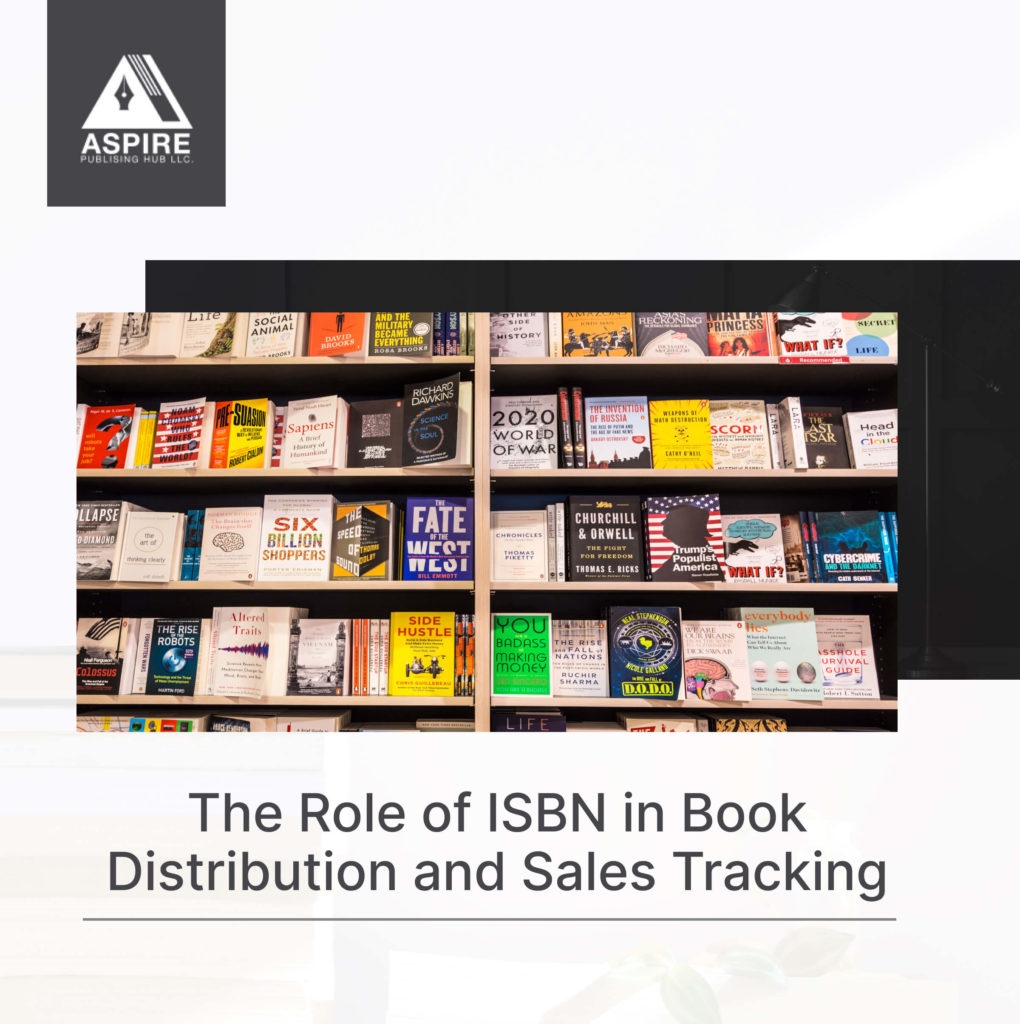Introduction: The ISBN’s Vital Role
In the vast realm of publishing, where countless books find their way into readers’ hands, a seemingly simple alphanumeric code holds immense power: the ISBN, or International Standard Book Number. In this article, we’ll dive into the pivotal role that ISBNs play in book distribution, sales tracking, and royalty payments, shedding light on how these unassuming numbers aid authors and publishers in managing their literary works within the market.
What is an ISBN?
Before we explore its functions, let’s define the ISBN. An ISBN is a unique identifier for a book, typically a 13-digit code, although it used to be 10 digits. Each ISBN is assigned to a specific edition of a book and serves as its fingerprint in the publishing world.
Book Distribution: Navigating the Supply Chain
- Identification and Tracking: ISBNs are instrumental in identifying and tracking books as they move through the intricate web of the publishing and distribution processes. They ensure that the right book reaches the right place at the right time.
- Retail and Libraries: For bookstores and libraries, ISBNs are indispensable. They use ISBNs to place orders, manage inventory, and catalog books. Without ISBNs, efficient book distribution on a large scale would be nearly impossible.
- Global Reach: ISBNs are globally recognized. Whether your book is destined for a local bookstore or an international market, having an ISBN makes it accessible to a wider audience and simplifies its journey to distant bookshelves.
Sales Tracking: Insight into Market Performance
- Sales Data Collection: ISBNs facilitate the collection of sales data. Booksellers, both physical and online, use ISBNs to record each book sale. This data is invaluable for authors and publishers to gauge the performance of their titles.
- Market Analysis: ISBNs enable market analysis. By tracking the sales of books with specific ISBNs, authors and publishers can discern which titles are thriving and which might require additional marketing efforts or revisions.
- Royalty Calculations: For authors, ISBNs are integral to royalty calculations. They help determine the number of copies sold, which, in turn, dictates royalty payments. Accurate and transparent royalty calculations are crucial for author-publisher relationships.
eBooks and ISBNs
The rise of digital publishing has introduced the need for ISBNs in the electronic domain as well. While ISBNs were originally designed for print books, eBook distribution platforms, such as Amazon Kindle, also require ISBNs for proper identification and distribution of digital titles.
Self-publishing and ISBNs
Self-published authors often acquire ISBNs themselves, as opposed to traditional publishing houses, which typically assign ISBNs to the books they publish. This grants self-published authors more control over their works and their distribution.
Conclusion: ISBNs as Literary Lighthouses
In the sprawling ocean of the publishing world, ISBNs serve as lighthouses, guiding books safely to their destinations and shedding light on their journeys. They are not mere numbers; they are the keys to efficient distribution, informed decision-making, and fair compensation. So, authors and publishers, embrace the power of ISBNs—they are the bridge that connects your literary creations to the hands and hearts of readers around the world.



